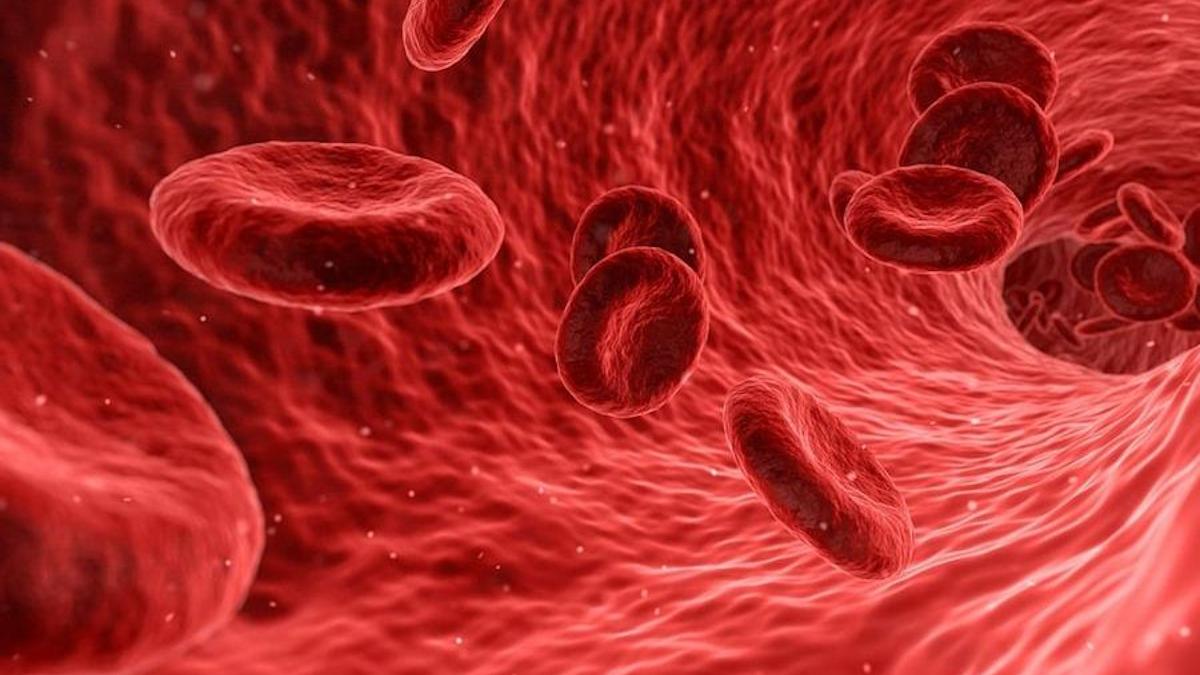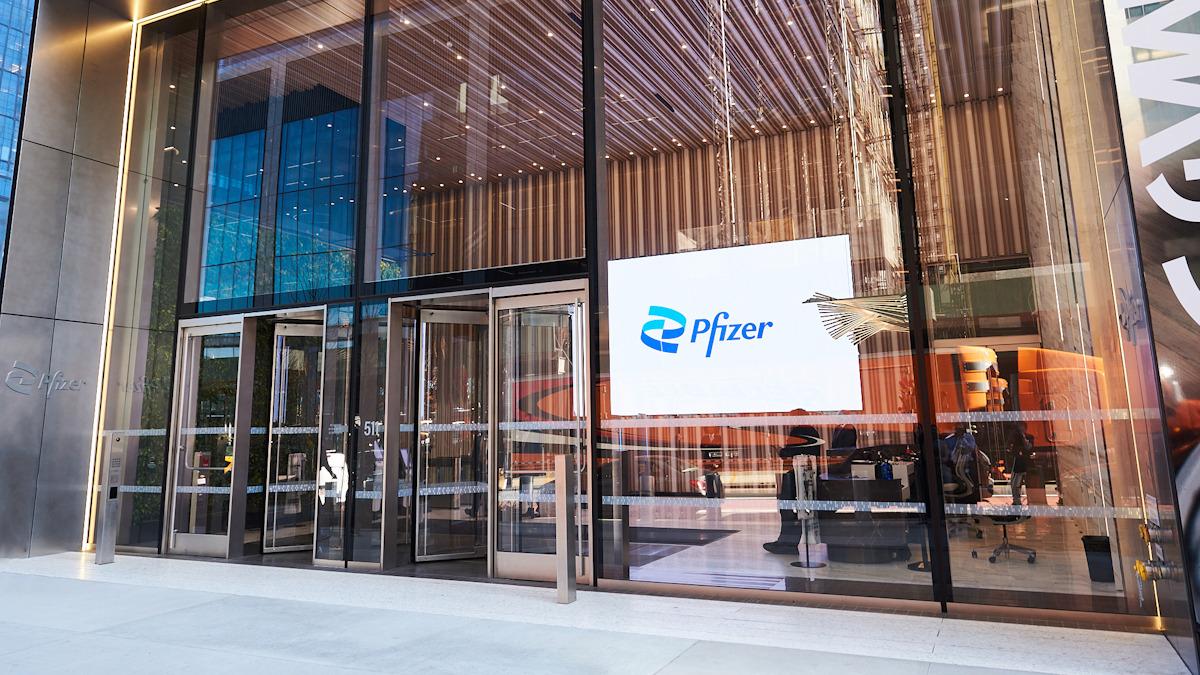Germany will reimburse haemophilia gene therapy Hemgenix

CSL Behring has added another major European market to the list of those providing reimbursement coverage of its haemophilia B gene therapy Hemgenix, after agreeing an access deal in Germany.
The agreement with the GKV-Spitzenverband – the national association of statutory health insurance funds – means that Hemgenix (etranacogene dezaparvovec) can now be reimbursed across Germany's health system as a treatment for severe and moderately severe haemophilia B in adult patients without a history of Factor IX (FIX) inhibitors.
Hemgenix is the first gene therapy for this patient group to be approved in Europe and, to date, is also covered by the health systems of France, Denmark, Switzerland, Spain, the UK, and Austria, with the first patients already treated in France and Denmark.
In Germany, the gene therapy is said to be the first covered under a national, success-based reimbursement model, with the cost of treatment – which is upwards of €3 million ($3.3 million) in EU countries – tied to its success in each individual patient.
"The performance-based payment model at [the] national level which was agreed with the GKV-Spitzenverband is unique in Germany," said Stefan Neudoerfer, CSL Behring's chief negotiator in Germany. "It addresses key reimbursement challenges, such as the question of long-term efficacy, which is inherent for any one-time therapy," he added.
Hemgenix is a one-shot infusion designed to correct the deficiency in FIX and remove or reduce the need for infusions with FIX replacement therapies every few days – which can cost hundreds of thousands of euros per year. Some patients treated with the therapy in trials have not needed to take FIX drugs for several years.
In February, new data from the HOPE-B trial – presented at the annual congress of the European Association for Haemophilia and Allied Disorders (EAHAD) – showed that after four years, 94% of patients remained FIX replacement-free with a 90% decrease in breakthrough bleeds to 0.4 per year.
FIX activity in the body averaged over 37%, putting patients in the mild haemophilia range, with a level of 50% or more considered to be the normal range for people without haemophilia.
Hemgenix was approved by the European Commission in 2023 and has also been cleared in the US and several other world markets. CSL Behring, which launched the therapy in fiscal 2024, hasn't yet disclosed sales figures but said in February that uptake has "accelerated" since it was introduced.
The competitive picture for Hemgenix has improved since Pfizer abandoned its rival haemophilia B gene therapy Beqvez (fidanacogene elaparvovec) in all world markets, saying weak demand made the business non-viable. It had been approved for marketing in the US, EU, and Canada last year.
Image by Arek Socha from Pixabay.












